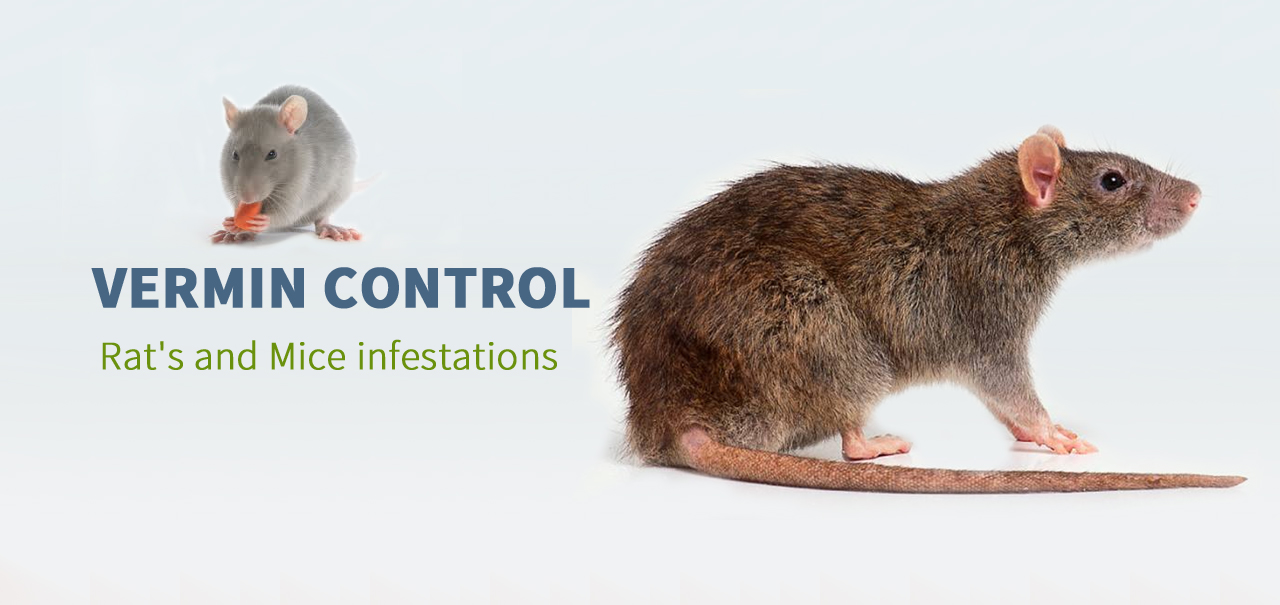If you’re terrified of spiders, find your house filled with moths on warm summer evenings or have mice or rats taking up residence in your garden you’ll more than likely searching for an easy solution to reduce and eliminate any of these pests.
Well, if you’re also a cat lover – you could be in luck as cats are an excellent long-term pest controller solution! Nearly all cats have a natural hunting instinct and, unlike professional pest control, do not rely on potentially harmful chemicals to help rid you of any unwelcome visitors.
Here are just a few common household pests that cats are great at controlling:
- Rodents – Cats enjoy not only chasing rats and mice but prey on them for food naturally. Kittens tend to learn hunting from their mothers – so if your current kitty falls pregnant you might want to consider keeping one of the litter! Having several cats in your home will go a long way to significantly reducing your rodent population. However, cats do like to show off their prey – so be prepared to find some ‘presents’ on your door step!
- Moths – Whether your cat is a hunter or not, any playful feline will struggle to resist the fast moving fluttering of a moths wings. Natural climbers and jumpers – they won’t struggle to get up high to reach the moths and, having an excellent aim, will usually be successful at swiping the moth on the first attempt.
- Spiders – Cats have reflexes and senses like no other animal and will more than likely spot a spider long before you do. Whilst they might toy with your eight-legged unwelcome visitors for a bit, once spotted, a spider will be unlikely to get away – and it won’t be long before fluffy has gobbled them up!
If you’re thinking of getting a cat and want to know the best breed to help with your pest control challenges – you might want to consider one of the following:
- American or British Shorthair – Friendly, adaptable and affectionate – the Shorthair breed of cat was said to have been used on the Mayflower crossing the Atlantic Ocean to catch hitch hiking mice.
- Maine Coon – Perhaps one of the most impressive breeds, this large domestic cat is not only majestic but has a very well respected reputation when it comes to preying on rodents.
- Siamese – Although an incredibly popular breed, their hunting instincts are underestimated. Playful and outgoing – Siamese cats will love to seek out any fast-moving insect around your home.
- Burmese – This breed of cat is particularly adaptable – meaning they’ll happily keep you company as your resident pest controller in a home or office environment! All they’ll ask for in return is a tasty dinner and some attention.
That said, many breeds of cats have a tendency to hunt, or simply a playful streak – of which many fast-moving insects and rodents will become the focus of! Many cat rescue centres will be able to give you an idea of a cat’s character so don’t feel the need to stick to a particular breed if you’re keen to adopt!
If you’re not a cat lover, or want a quick solution to your pest control challenges, contact us today to speak to an expert.
Looking like something out of a low-budget sci-fi movie and much more terrifying than any ordinary bed bug, spider crickets have been terrorising homes across the US. If you wanted more information on these creepy beasties, you’ve come to the right place. If you dare, take a peek at this video to see spider crickets in action:
No matter where you live, there’s a chance that you might have to deal with household pests at some point. Even if you try and keep everything clean, bugs, rodents, and other pests can still make their way into your house. Whether they’re looking for shelter, a warm place to nest, or scouting out a food source – pests can be an expensive nuisance.
There are a few main ways to keep pests out of your house:
- Understand their biology, like what they eat and what might draw them into your home
- Use traps and deterrents, such as natural deterrents like copper for snails or peppermint oil for mice and bugs
- Use preventative methods such as sealing any possible points of entry
Read on to learn more about the traps, deterrents and other methods of prevention to help keep your home critter (and squeak) free!


//www.drweil.com/health-wellness/body-mind-spirit/insects-parasites/lemon-eucalyptus-oil-best-bug-repellent/
Pests are generally considered to be any animal or plant that can potentially be harmful to humans, their food or their living conditions. This can include animals which:
- Carries disease-causing parasites
- Attack and eat crops and vegetables
- Damage food kept in storage either by eating or contaminating it
- Attack livestock or carry diseases that affect livestock
- Damage clothing and fabric for example moths or silverfish
- Cause damage to buildings and structures such as woodworm
- Bite or sting humans
It can be quite hard to identify pests. Something we might ordinarily consider a pest my not actually be so, whilst some of the creatures we are most fond of cause more damage than we think.
Here we identify what should be considered a pest, a nuisance or a surprisingly beneficial creature.
Identifying a wasp nest early is an important skill to have if you want to prevent wasp stings which are painful, or can even lead to allergic reactions in the worst cases. Wasps can really be the bane of the spring and summer months, especially if there’s a nest in your property, or very close by.
Fortunately, there are a number of things you can look out for to ensure you prevent this from happening. A single wasp nest can contain thousands of wasps, so it’s important to keep an eye out for the tell-tale signs so that you can eliminate the pests before the problem escalates.








